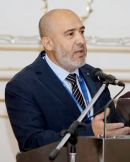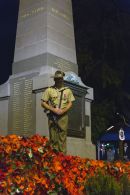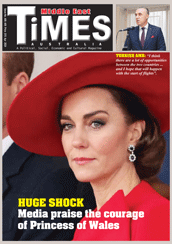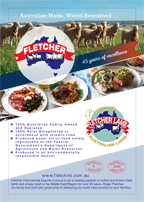| Editorial |
| PM’s tightrope walk between war and pandemic |
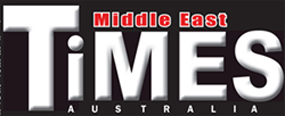 |
PM’s tightrope walk between war and pandemic AUSTRALIA’S federal election is taking place under the twin shadows of pandemic and war in Europe. At a time when the global economy was just starting to recover from the COVID-19 pandemic, Russian President Vladimir Putin decided to invade Ukraine. On a map, Australia is far removed from the bloody events in the Ukraine but in a global economy, the shocks of that conflict are being felt here. And by “here”, we mean “voter”. Bread-and-butter issues are suddenly more important. As fuel prices went up and supplies went down, campaigning politicians are having to adapt to the new electoral landscape -- never mind that COVID-19 remains a clear and present health risk. So what does the shockwave of war in Europe mean for Australian Prime Minister Scott Morrison who, at the time of writing, was campaigning for re-election? For one thing, there was no relief from pressing domestic affairs as the war has affected the likes of fuel prices which in turn affects food prices, transport costs and the like. Even before the pandemic, the heat had been turned up on the economic leadership credentials of countries like Australia. That heat has been turned up even further. Countries like Lebanon and elsewhere in the Middle East (and Europe for that matter), who are much closer to the conflict, now have extra cause to be wary; not that they needed it. Distant countries like Australia (and New Zealand) also need to be wary. Then there are security considerations. The complication for Australia’s campaigning politicians has been less about Russia (although the prospect of nuclear war is making it more so) then it is about China. China has complicitly given its backing to Putin’s decision to invade and now is making the most of the turmoil to make its presence felt among Australia’s South Pacific neighbours much to the consternation of Canberra. And we haven’t even talked about climate change; the biggest threat of them all. The 2022 Australian Federal Election is a challenge to all politicians from all parties: the time to insult your political rivals is over. Genuine leadership is required. Sadly, for some politicians, that is a test they have already failed. They failed because they are extremists, Left or Right. Now is not the time to extreme views to be given airtime. Now is the time for measured, careful thought and international co-operation. The Dragon (China) and the Bear (Russia) are hungry to expand their influence. Editor in Chief |
 |
 |
 |
|
|
|||||||||
|
|||||||||
